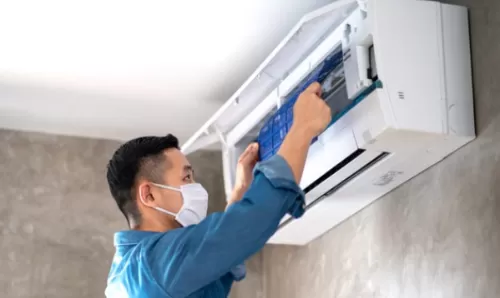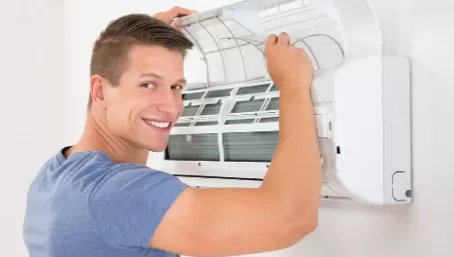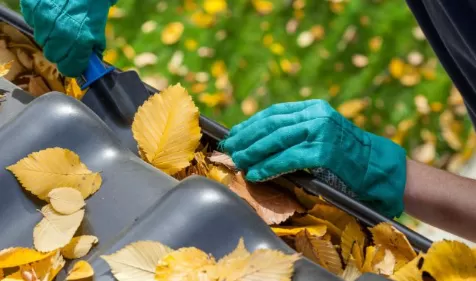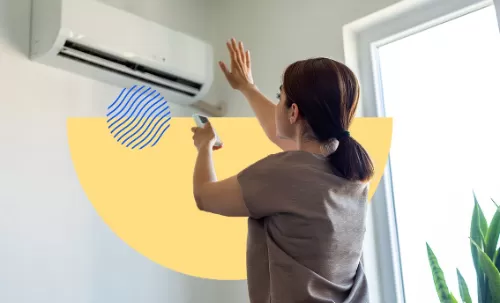Related searches
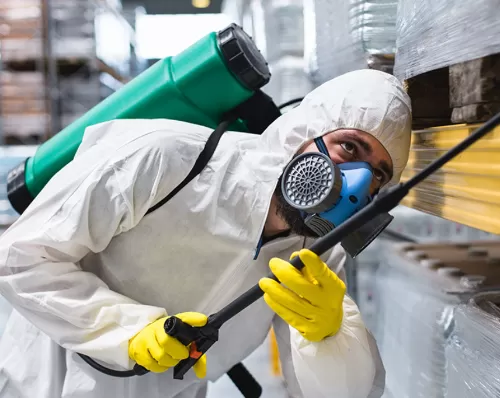
One of the most significant trends in modern pest control is the use of smart technology. Sensors, cameras, and automated traps are being increasingly deployed to monitor and manage pest populations in real-time. These devices can detect the presence of pests and trigger immediate responses, such as activating traps or sending alerts to pest control professionals. This not only improves the efficiency of pest control efforts but also reduces the need for routine chemical treatments.
Another emerging trend is the use of biological controls. Instead of relying solely on chemical pesticides, many companies are now exploring the use of natural predators, parasites, and pathogens to control pest populations. For example, ladybugs are released to control aphid populations in agricultural settings, while certain fungi are used to target specific insect pests. These methods are not only environmentally friendly but also reduce the likelihood of pests developing resistance to treatments.
The growing popularity of green pest control solutions is also shaping the industry. Consumers are increasingly seeking out companies that offer eco-friendly services, prompting many pest control businesses to adopt integrated pest management (IPM) strategies. IPM focuses on long-term prevention through a combination of biological, physical, and chemical methods, with an emphasis on minimizing environmental impact.
Additionally, the use of data analytics is becoming more common in pest control. By analyzing patterns of pest activity, companies can develop more targeted and effective treatment plans. This data-driven approach allows for the precise application of treatments, reducing waste and minimizing the risk of overusing chemicals.
As the industry continues to evolve, it is likely that technology will play an even greater role in pest control. From drones that can survey large areas to AI-powered software that predicts pest outbreaks, the future of pest control in the United States is poised to be both innovative and sustainable.
In summary, the pest control industry is embracing new technologies and practices that prioritize safety, efficiency, and environmental responsibility. As these trends continue to gain traction, they are set to redefine how pests are managed, offering more effective and sustainable solutions for both residential and commercial settings.




